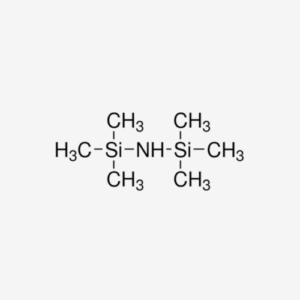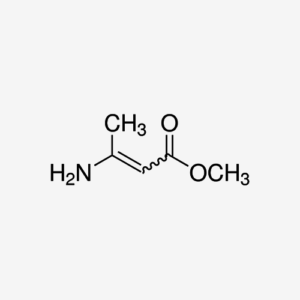Allantoin
Allantoin is a naturally occurring compound found in various plants and organisms, renowned for its multitude of beneficial properties, particularly in skincare. Chemically, it is a diureide of glyoxylic acid with the chemical formula C4H6N4O3.
Formula:
C4H6N4O3
Synonyms of Allantoin:
- (2,5-Dioxo-4-imidazolidinyl) urea
- 5-ureidohydantoin
- glyoxyldiureide
Allantoin
- Chemical Structure : Allantoin is characterized by a heterocyclic compound with two nitrogen atoms and two oxygen atoms in its structure, conferring unique biological activities.
- Physical State : It typically appears as a white, odorless, crystalline powder.
- Solubility : Allantoin is highly soluble in water and glycerin, making it readily dispersible in various cosmetic and pharmaceutical formulations.
- Stability : It exhibits stability over a wide range of pH levels and temperatures, ensuring its efficacy in diverse applications.
- Biodegradability : Allantoin is biodegradable, making it environmentally friendly and sustainable for use in various products.
What are the Applications of Allantoin:
Allantoin is a key ingredient in skincare formulations due to its soothing, moisturizing, and skin-regenerative properties. It helps to promote skin healing, reduce irritation, and improve overall skin texture.
Its ability to stimulate cell proliferation and collagen synthesis makes it beneficial for wound healing applications. Allantoin accelerates the repair process, leading to faster recovery and reduced scarring.
Allantoin is incorporated into topical creams, lotions, and ointments for the treatment of various skin conditions such as dryness, eczema, psoriasis, and acne. It helps to alleviate symptoms and restore skin health.
Allantoin is also used in hair care products such as shampoos and conditioners to moisturize and condition the scalp, reduce itchiness, and promote healthy hair growth.
Allantoin is included in cosmetic formulations such as lip balms, lipsticks, and foundations to enhance skin hydration, smoothness, and overall appearance.
It is utilized in toothpaste and mouthwash formulations for its soothing and healing effects on oral mucosa, helping to alleviate mouth ulcers and inflammation.
What are the Benefits of Allantoin
Skin Regeneration
Allantoin promotes cell proliferation and tissue regeneration, accelerating the healing process for wounds, burns, and skin irritations.
Moisturization
Its humectant properties help to retain moisture in the skin, preventing dryness and maintaining skin hydration.
Anti-inflammatory
Allantoin exhibits anti-inflammatory properties, reducing redness, swelling, and irritation associated with various skin conditions.
Gentle Exfoliation
It aids in the removal of dead skin cells, promoting smoother, softer skin texture without causing irritation or sensitization.
Compatibility
Allantoin is compatible with a wide range of cosmetic and pharmaceutical ingredients, allowing for versatile formulation possibilities.
What are the Safety Considerations for Allantoin:

Allantoin is well-tolerated by most individuals and is considered safe for topical use, even on sensitive skin types.
Allantoin stands as a versatile compound with an array of applications in skincare, wound healing, and beyond. Its remarkable properties make it an invaluable ingredient in cosmetic, pharmaceutical, and personal care formulations. Embrace the potential of Allantoin to elevate your products and enhance the well-being of consumers worldwide.
We Provide Best in class service and on time delivery to fulfill the requirement of this product worldwide.





